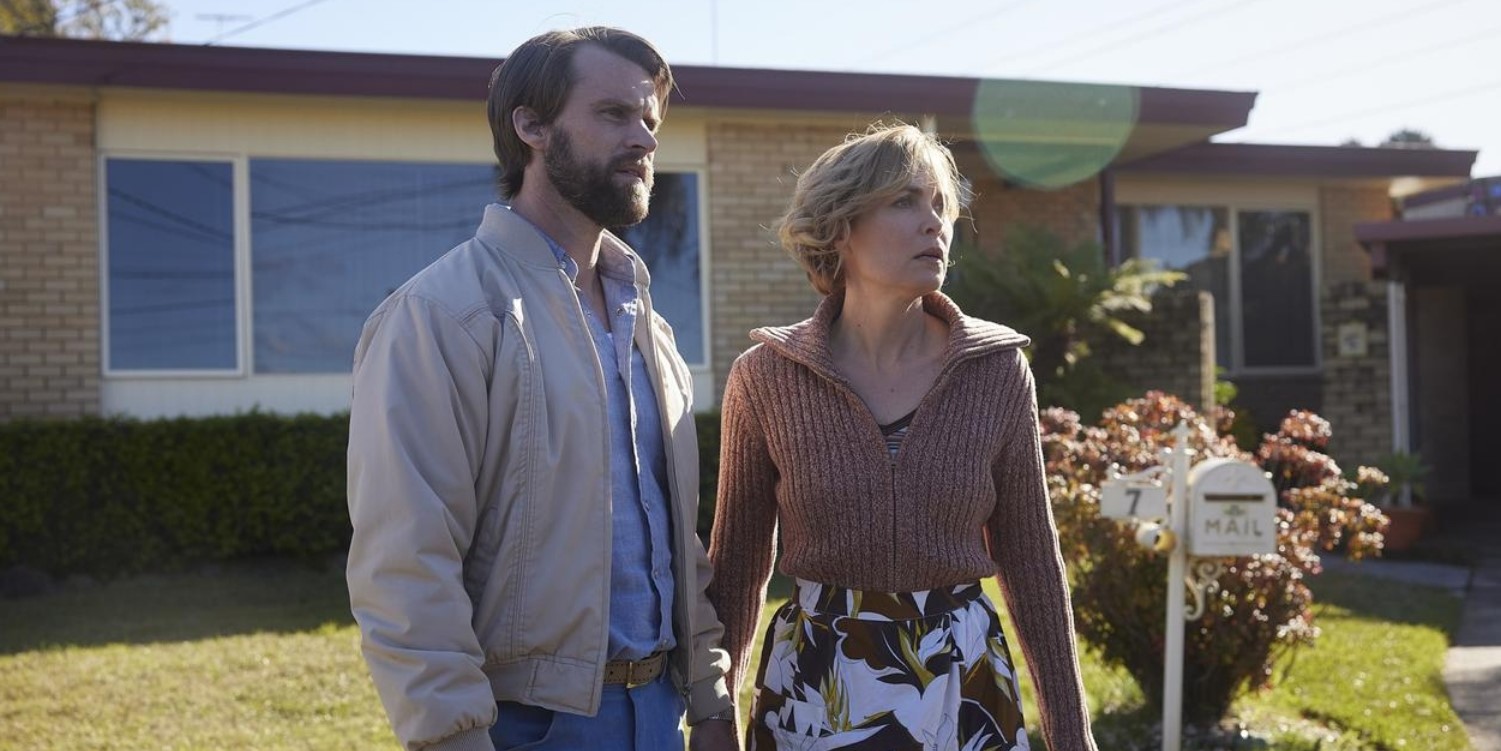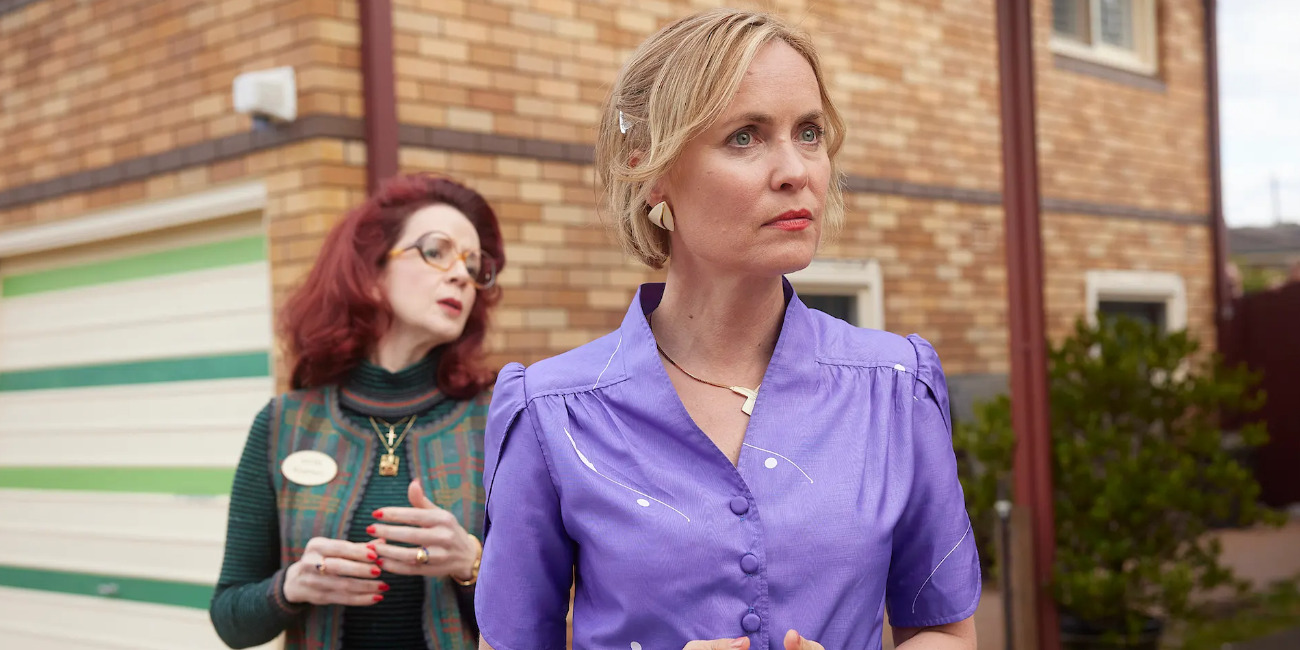‘Last Days of the Space Age,’ the Disney+ drama series, sets out to bring the culturally instrumental era of 1979 in Western Australia to the screen. As such, the narrative equips three different families from a suburban town in Perth who face the ups and downs of life in the build-up to the historical Skylab space station crash. The Bissett family, helmed by Judy—the working mother of two young girls and Tony’s wife—remains one of the central characters throughout the story. However, instead of the space station, Judy’s narrative is tied to the recent power supply problems in town as she tirelessly works toward fixing the union issues at Doull Power Supplies.
Thus, the power company also naturally takes center stage within the show, allowing space for the narrative to explore the theme of labor rights. Consequently, Judy Bissett and her position at Doull Power Supplies showcase a significant contribution to the show’s socially prevalent storylines. However, do they actually hold any relation to reality?
Judy Bissett is a Fictional Character
As a period drama, ‘Last Days of the Space Age’ garners most of its connections to reality through historical references. Notably, the Skylab crash, an instance that became a cultural cornerstone for 1979 Western Australia, presents the most prominent real-life event that inspires the show’s premise. However, while this cements the overarching story as a true story-inspired tale, plenty of elements within the narrative still remain fictionalized. Thus, despite the realistic period setting that characters like Judy find themselves in, they themselves are confined to fictionality. For the same reason, Judy Bissett is ultimately a work of fabrication that can be credited to creator David Chidlow and his team of screenwriters.

Even so, in order to fit Judy’s character into the role of a protagonist in a 1979-based story, her narrative naturally had to possess a realistic basis in reality. While the story introduces Judy as a housewife, her character undergoes a significant arc as she learns to juggle her newfound role as the main breadwinner in the family. Consequently, she inevitably ends up reflecting on the reality of the late 1970s as she juggles work with her personal life at a time when women in the workplace are still a novelty. Therefore, a good chunk of her narrative parallels the waves made in the 1970s through the women’s rights movement.
Actress Radha Mitchell, who embodies Judy on-screen, discussed the nuances of her character in a conversation with Casting Networks. “I think the character (Judy Bissett) has room to evolve,” she shared. “She’s the central character, but in the sense that things are happening around her, and she’s kind of representative, I think, of women in the 1970s who were entering the workforce. Part of her journey is about discovering that she’s pretty good at it. It’s meant to be very ordinary, like the beauty of the ordinary things, right?”
Doull Power Supplies and Workers’ Rights
Since Judy’s character is fictional, her storyline, which revolves around the local power supply company, Doull Power Supplies, inevitably retains similarly fictitious origins. The company’s primary contribution to the narrative stems from the compelling dynamic it creates for Judy, the General Manager, who is pitted against Tony, who fulfills the role of unofficial union leader. As such, the company remains a key narrative tool. In real life, there aren’t any records of a similar Perth-based company that struggled with worker strikes in 1979. Considering that the same year the Miss Universe Pageant was held in the city, such a community-wide relevant instance would have had more chances of being publicized. Nonetheless, no records of the same exist, rendering Doull Power Supplies and its influence over the narrative another fictional addition.

Still, like other narrative elements, Doull Power Supplies also exists to serve a historically appropriate purpose. While Perth didn’t personally oversee power supply-related workers’ strikes in 1979, Western Australia underwent an actual massive protest carried out by workers in response to the arrest of unionists. Therefore, the inclusion of the fight against the officials and the union workers at Doull Power Supplies presents a parallel to the same. Consequently, the storyline further strengthens the show’s connections to the era.
Read More: Disney+’s Last Days of the Space Age: Exploring All Filming Locations


You must be logged in to post a comment.